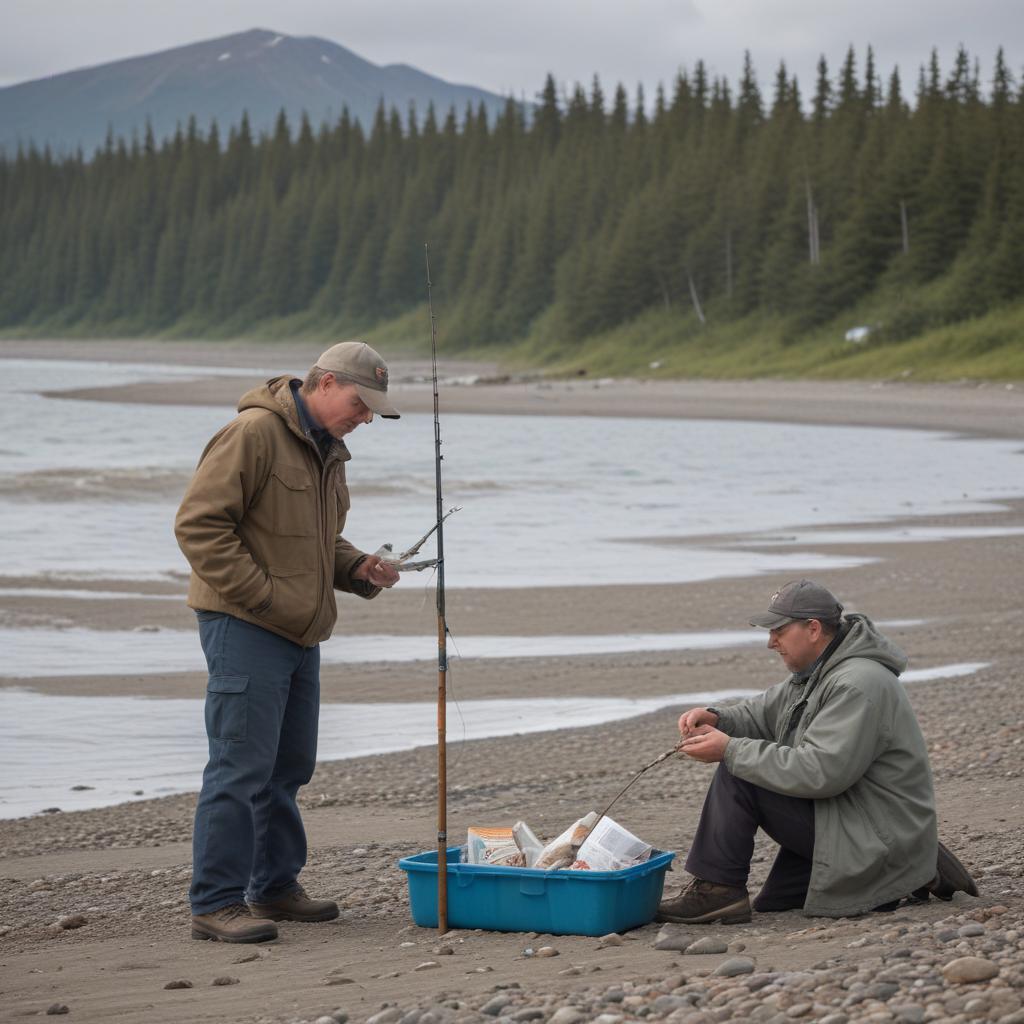The loss of federal funding for public broadcasting is devastating rural Alaskan radio stations, leaving communities reliant on them for vital local news and emergency alerts in a precarious situation.
In Sand Point, Alaska, KSDP, a public radio station, serves as a lifeline for its 600 residents, providing local news, emergency alerts, and high school sports coverage. It plays a crucial role, especially given the lack of a local newspaper. The station recently interviewed a fish biologist, providing crucial updates on fishing schedules that directly impact the community's livelihood. However, the station's future is threatened by the Congressional decision to rescind all funding for public broadcasting. KSDP receives 70% of its budget from the Corporation for Public Broadcasting (CPB), and the loss of this funding is considered catastrophic. The station's general manager, Austin Roof, expresses his concern about the station's future, highlighting its role in providing essential information during tsunamis and other emergencies. KSDP also serves as a community hub, hosting events and providing support to residents. The station's reporter, Theo Greenly, covers a vast and remote archipelago, often traveling to isolated communities to report on critical issues such as food shortages, algae blooms, and the closure of a major employer. Greenly's work highlights the importance of local journalism in areas with limited news sources. He emphasizes that while some may access information online, the radio station's reporting and dissemination of that information are crucial. The cuts to public broadcasting will significantly impact the station's ability to operate, potentially leading to the shutdown of its AM signal and a reduction in staff. The loss of KSDP would leave a significant gap in local news coverage and emergency alerts for the community and the region. Greenly, facing the potential loss of his job, expresses more concern for the community and the nation than for himself.



